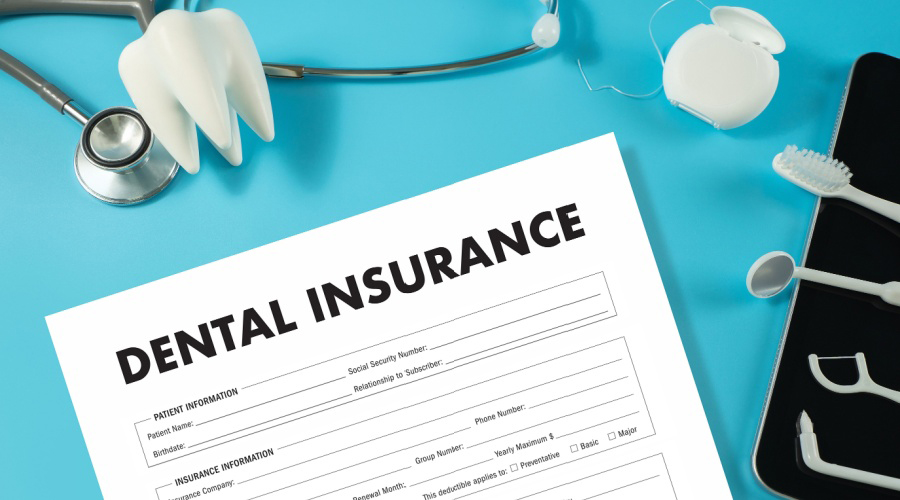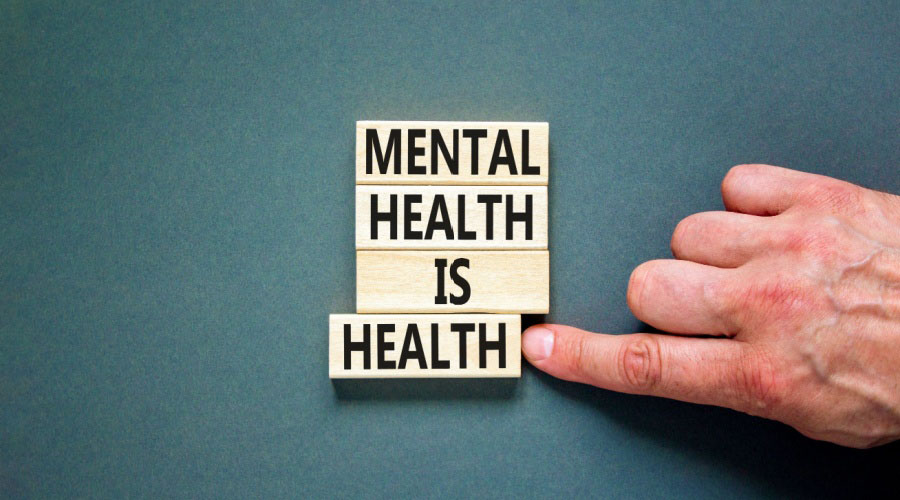May is Disability Insurance Awareness Month. It’s a good time to take a few minutes to think about how you would pay your mortgage, grocery and utility bills, and other expenses if you were suddenly unable to work and bring home a paycheck.
May is Disability Insurance Awareness Month (DIAM) and every year The Council for Disability Awareness joins forces with others in the insurance industry to raise awareness about the importance of income protection. Too many working Americans are faced with a dilemma: how to pay for expenses like rent or mortgage, groceries, utilities and more if they are injured or sick and unable to work for an extended period of time. Today, diminished or non-existent emergency savings and rising medical expenses has created an unseen but very real potential problem for many American workers and their families. Without some kind of income protection, more Americans are experiencing severe financial difficulty if they need to miss work due to illness or injury.
How Do I Get Disability Insurance?
Many people are able to get some disability coverage on a group plan through their employer. However, there are millions of people who are self-employed or do not have a plan through work. For those individuals, the best option is an individual disability policy. Social Security also has a disability plan (known as SSDI) but it can be difficult to qualify for. Also, the monthly SSDI benefit may not be enough to help you maintain your current standard of living. If you would like to explore the benefits and costs of an individual policy, contact a Savers Health representative today!
What Else Should I Consider For Disability Insurance?
Disability Insurance is really not that complicated. Here are some definitions and factors to consider when getting a plan:
- Short-Term Disability (STD): A policy for temporary disabilities (usually 3 to 6 months) and designed to replace 60-80 percent of your income for this limited period of time.
- Long-Term Disability (LTD): A policy designed to last for an extended period of time, even up to retirement if needed. A typical LTD plan will replace anywhere from 40 – 67 percent of your income.
- Social Security Disability Insurance (SSDI): This coverage is included in the taxes you pay to Social Security. SSDI is usually much more difficult to qualify for than a disability policy purchased individually or through work and rejection rates for SSDI claims are high. Relying solely on SSDI for income may leave you in a deep financial hole.
- Own-Occupation Policy: You need only be disabled from doing your current work or profession in order to qualify for benefits.
- Any-Occupation Policy: With this plan, you only qualify for benefits if you can’t do any work. If you’re still able to work at some job – even in a different and/or lower-paying position – you would not qualify for the full benefit amount and you may not be eligible for any benefit.
- Policy Benefit Period: The amount of time benefits will be paid. Usually 3 to 6 months for STD and a minimum of 2 years for LTD.
- Policy Waiting Period: Also called an Elimination Period, This is the period of time you have to wait after you are disabled until benefits are paid. Longer waiting periods mean lower premiums.
- Policy Riders: These are additional benefits or features that can be added. For example, one of the most popular disability insurance riders is a Cost of Living Adjustment (COLA). This rider, would increase monthly benefits by a stated percentage to help offset the cost of inflation.
Need Help Finding A Plan?
Let a Savers Health licensed representative review your circumstances and help you determine what type of disability plan would be a good fit. We can discuss your occupation and income replacement needs to find an affordable option.





